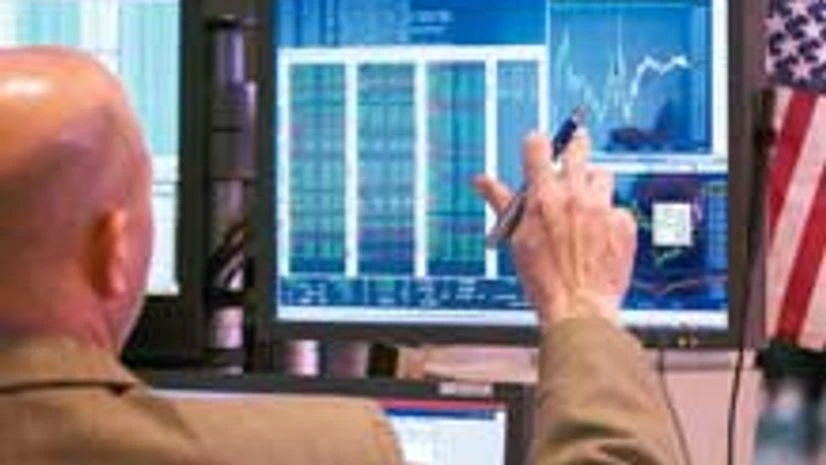US stocks rose on Tuesday, with the Dow closing at yet another record high, in the wake of Wall Street's first three-day losing streak of the year, after central banks reassured investors that they will keep policies designed to foster global growth.
Consumer confidence was the strongest in May in over five years, while home prices accelerated in March by the most in nearly seven years. The reports showed the US economy's resilience despite the pinch of belt-tightening from automatic cuts in federal spending.
Equity investors have been very attuned to monetary policy, with the major US stock indexes last week posting their first negative week since mid-April on lingering concerns that the Federal Reserve may scale back its stimulus measures sooner than expected.
More From This Section
Those concerns were eased after the Bank of Japan and the European Central Bank reaffirmed that their accommodative policies would remain in place, helping indexes recover from last week's decline.
On Monday, when US markets were closed for the Memorial Day holiday, ECB Executive Board member Joerg Asmussen said the policy would stay as long as necessary. On Tuesday, BOJ board member Ryuzo Miyao said it was vital to keep long- and short-term interest rates stable.
But even with the reassurance, speculation persisted that a tapering of the Fed's bond-buying plan could be on the horizon, sending US Treasury debt yields to their highest levels in over a year and pulling equities back from their session highs.
"It doesn't seem that we are in the environment that produces a 35%-plus year at this point," said Bryan Novak, director of trading at Astor Asset Management in Chicago.
"So you have rates starting to jump up at the same point as you have a little bit of concern over some other economic activity at the same time. It makes for a little bit of uneasiness."
Monetary stimulus has contributed to Wall Street's gains this year, with the S&P 500 up nearly 17%. Analysts have also cited earnings growth and relatively cheap valuations as reasons that investors have used any decline as a buying opportunity, helping drive both the Dow and the S&P 500 to a series of record highs.
Cyclical sectors, closely tied to the pace of economic growth, are likely to advance on any sign of continued supportive policies. Bank of America rose 0.8% to $13.35 while Citigroup Inc gained 2.5% at $51.79. The KBW Bank index advanced 1.3%.
The Dow Jones industrial average gained 106.29 points, or 0.69%, to a record 15,409.39 at the close. The Standard & Poor's 500 Index added 10.46 points, or 0.63%, to finish at 1,660.06. The Nasdaq Composite Index rose 29.74 points, or 0.86%, to end at 3,488.89.
Luxury retailer Tiffany & Co reported adjusted earnings and sales that beat expectations, pushing its stock up 4% to $79.22. Tiffany was one of the S&P 500's best performers.
Discount brokers such as E Trade Financial Corp and Charles Schwab Corp , which are sensitive to interest rates, advanced as US Treasuries yields climbed to their highest levels in over a year. Shares of E*Trade rose 4% to $11.76 and Charles Schwab climbed 3.2% to $19.77.
The price of Omthera Pharmaceuticals shares nearly doubled to $13.51 after AstraZeneca agreed to buy the company for $443 million. US-listed shares of AstraZeneca gained 1.6 % to $53.01.
Fannie Mae was among the most actively traded, as the stock jumped 37.4% to $4.08 with over 131 million shares traded.
Volume was modest with about 6.25 billion shares traded on the New York Stock Exchange, NYSE MKT and Nasdaq, slightly below the daily average of about 6.4 billion.
Advancing stocks outnumbered declining ones on the NYSE by a ratio of about 18 to 13, while on the Nasdaq, nearly nine stocks rose for every four that fell.

)
